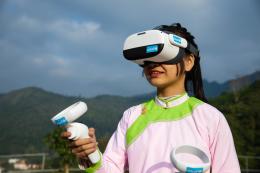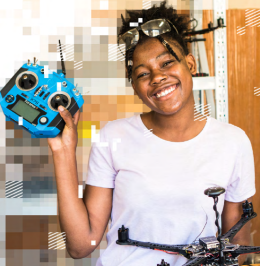main content start
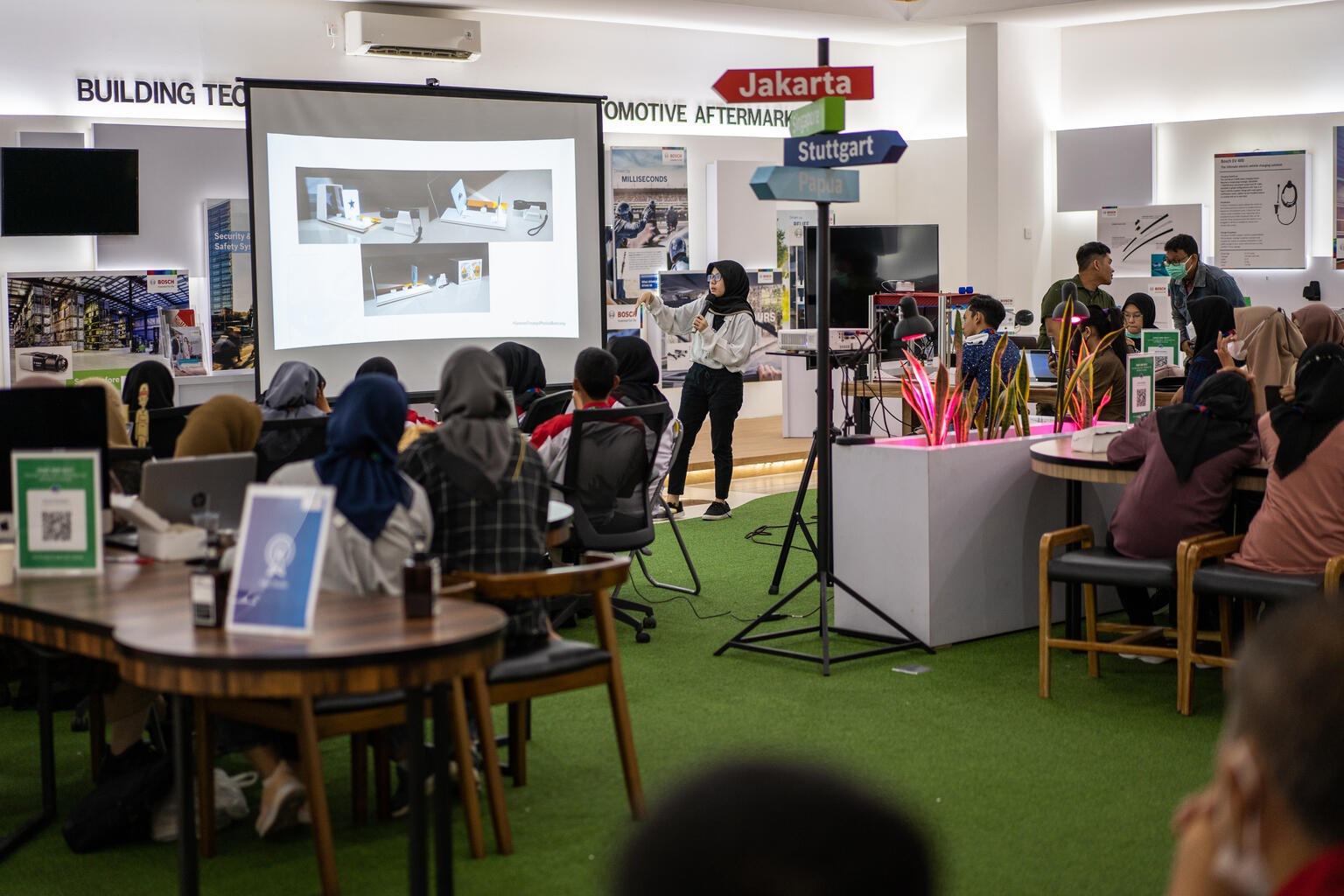
About 67% of young people feel they have limited to no control over how technology will impact their lives in the next 10 years.
UNICEF Office of Innovation partners with UNICEF Country Offices and stakeholders who recognize the need for today’s youth to become a generation of digital architects and innovators equipped to build, maintain and own DPGs and DPIs.
Related Stories
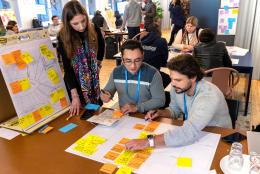
Team Insight
Dec 18 , 2023
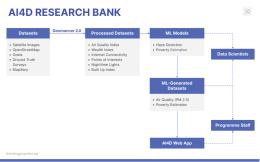
Team Insight
Jan 17 , 2022
